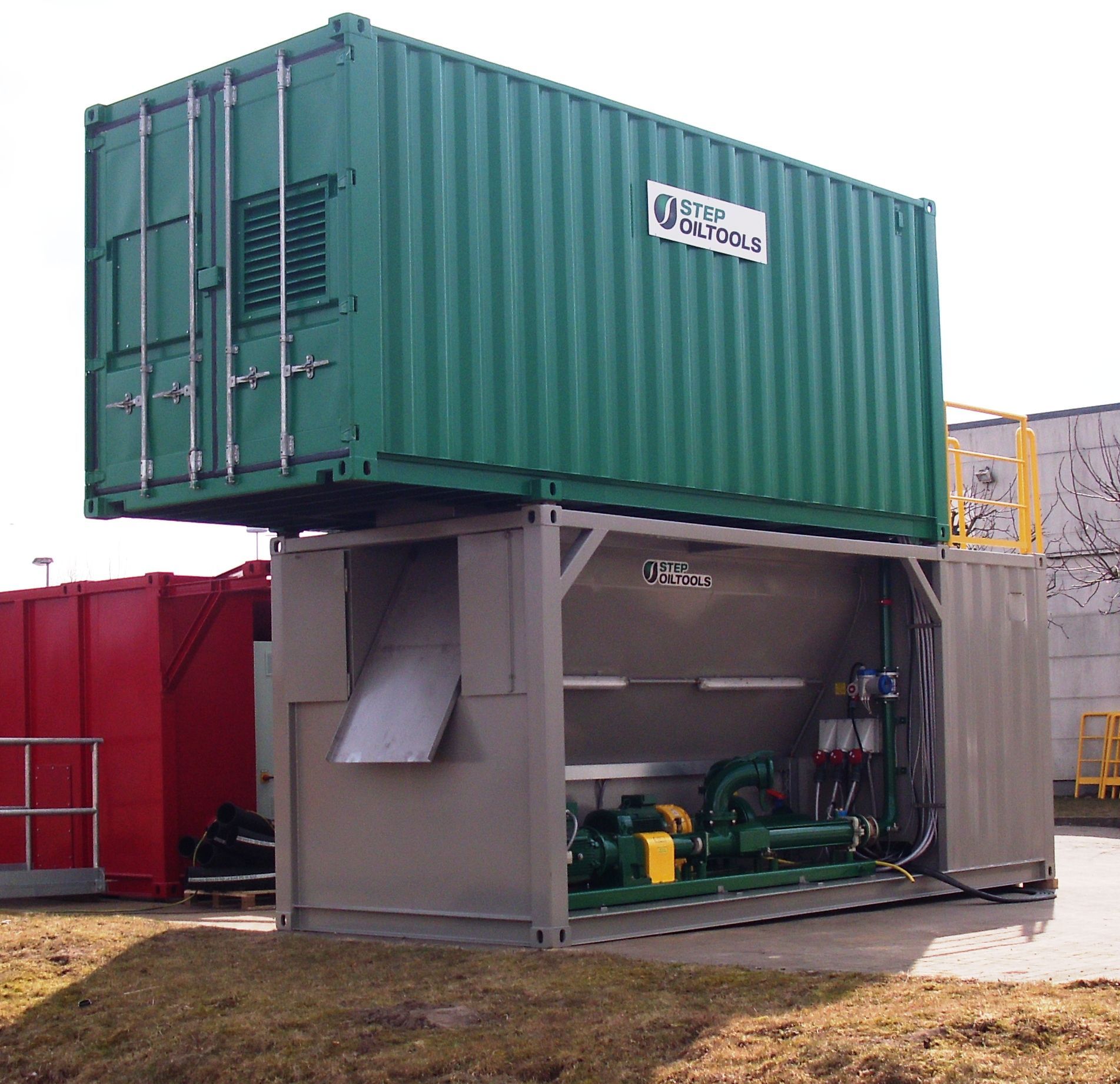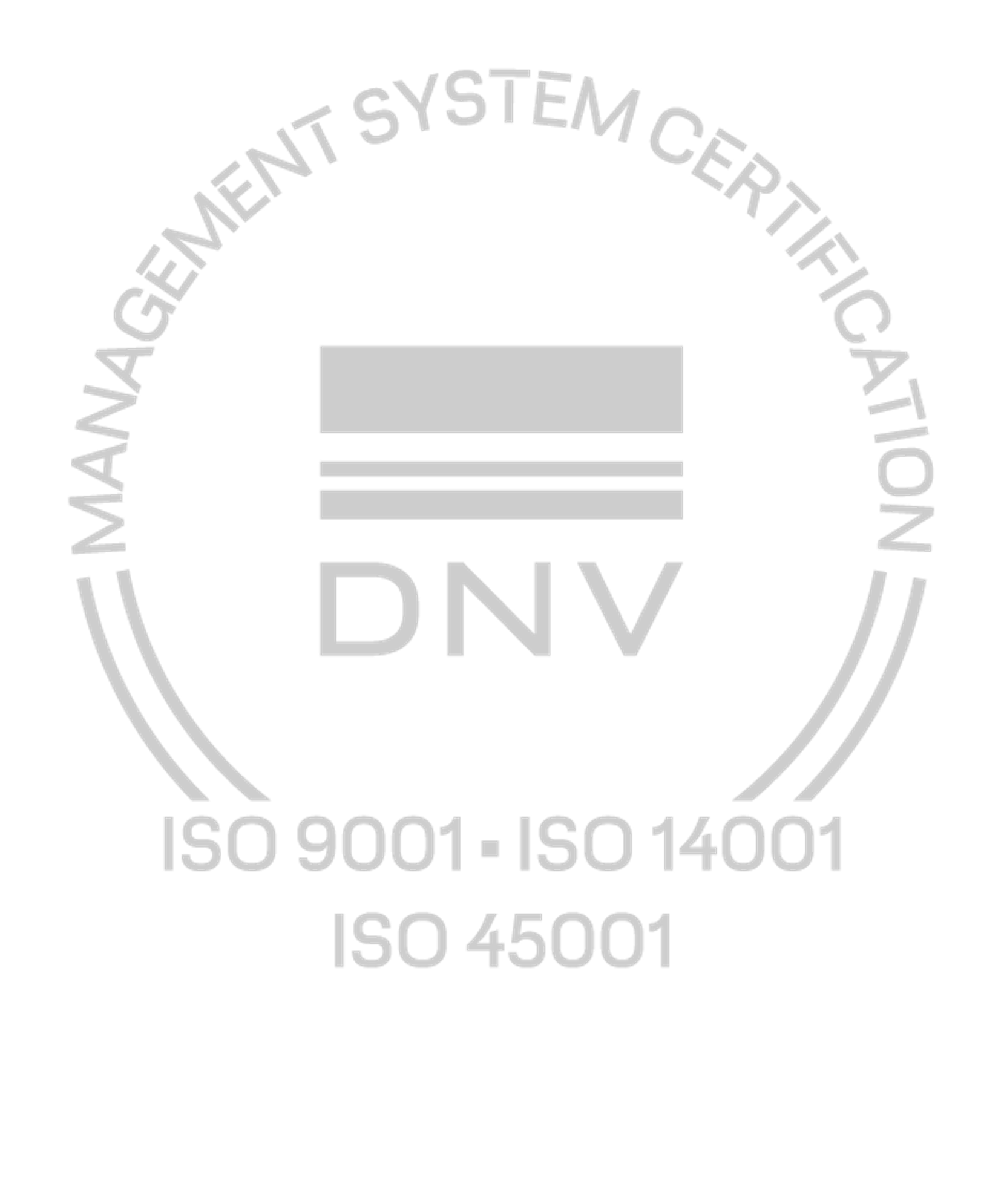DE-WATERING
Dewatering and flocculation are essential techniques used in the solids control market, particularly in industries such as oil and gas, and civil construction. Dewatering refers to the process of removing unwanted or excess water from a drilling site or construction area. In the oil and gas industry, drilling fluid, or mud, often contains water along with cuttings (small pieces of rock) from the drilling process. The dewatering process helps to separate these elements, allowing for the safe disposal of solid waste and the re-use of the water component in the drilling mud. This contributes to increased operational efficiency and cost-effectiveness while mitigating environmental impact.
On the other hand, flocculation is a process that enables the clumping together of fine, dispersed solids to form larger, more manageable particles. This is usually achieved through the addition of flocculants, which are chemicals that encourage the suspended solids to aggregate. In the context of oil and gas and civil construction, flocculation is utilized to facilitate the separation of solid waste from drilling fluids or wastewater, which can then be efficiently removed through processes like sedimentation or flotation. By enhancing solids removal, flocculation contributes to improved fluid management, extends the life of drilling fluids, and aids in reducing the environmental footprint.




